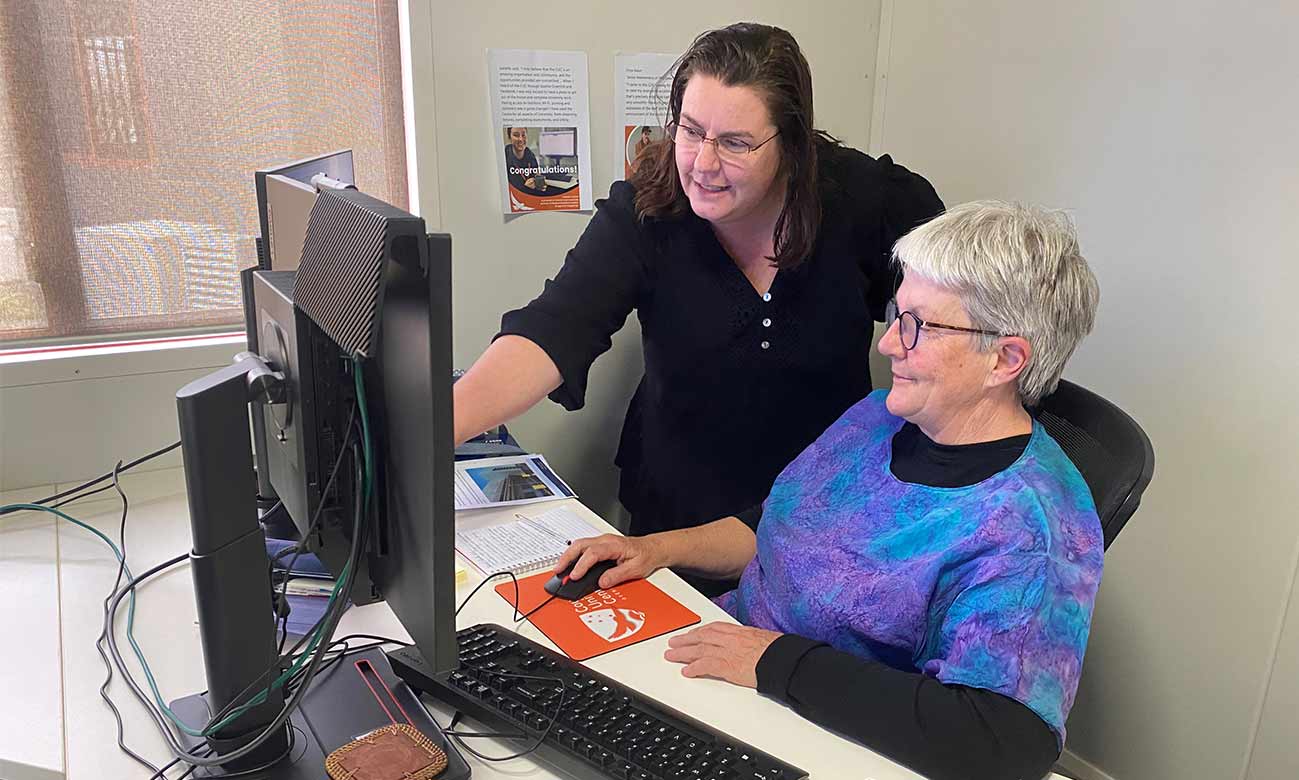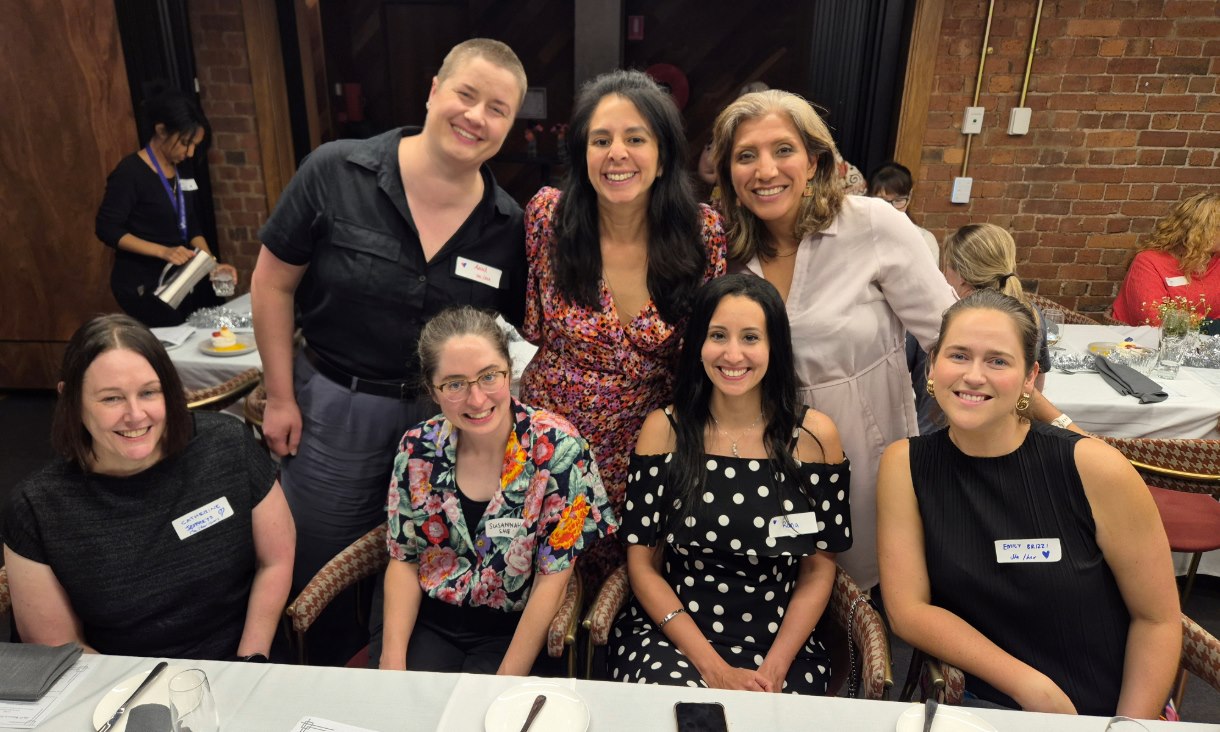RMIT's free Diploma of Information Technology for women and gender diverse students across Victoria will continue in 2025, supported by the Australian Government.
The program offers women and gender diverse people in paid employment in any industry the opportunity to study part-time and online.
The Earn and Learn model kicked off last year and has over 60 students based across regional Victoria and Melbourne studying part-time, across two years, while they continue their careers. Government funding has been secured for another 25 students to commence in Semester 2, 2025, bringing the total to more than 80 women and gender diverse students upskilling in IT as part of this program.
Mish Eastman, Deputy Vice Chancellor Vocational Education and Vice President, said it was fantastic to continue collaborating with the government this year, offering valuable tech skills for students to enhance their careers, benefit their communities or pursue new opportunities in IT.
"These programs are vital for regional students, particularly women," said Eastman.
"We're committed to practical solutions that empower working women and address Victoria's need for skilled workers across metropolitan and regional areas."

Free Diploma of IT student, Vicki Kane, helps an elderly resident with the computer at her workplace, Country Universities Centre Ovens Murry.
First free Diploma of IT students reach halfway point
RMIT's first cohort of women and gender diverse students recently gathered to celebrate the completion of their first year in the Diploma of IT.
For many, it was their first opportunity to meet in-person after starting the online course. The event also brought together students and industry partners to share experiences, network and celebrate their progress so far.

Diploma of IT students and industry celebrate their success. Back (L-R): Anna Collett, Veronica Lopez and Lida Ghahremanlou (Microsoft). Front (L-R): Catherine Jeffereys, Susannah Bourke, Rana Abouelenein and Emily Bizzi.
Student Vered Adler is the Manager, Business and Corporate Services in a government agency. She works with IT and cybersecurity third party vendors as part of her role and was looking to develop her technical knowledge.
"What has surprised me is that IT is so varied. When I was in high school and university, I thought computer science represented programming and coding - and I never thought that would be for me. IT has transformed into much more, from how to design products people will find useful to networking between devices and the internet," said Adler.
"My professional role requires me to regularly interact with third party IT providers. I now have the knowledge and confidence to negotiate with them; they can no longer pull the wool over my eyes."
She has found the study rewarding, interesting and immediately relevant to her role, with course content frequently lining up with challenges within the workplace.
"I have found the online content so engaging. I never thought I'd be excited about getting up at 8 am on a Saturday to go to my computer and complete my lab. The teachers ensure they're always available to bounce ideas. They motivate us and want to see us excel in this course that encourages women to participate in the male-dominated IT industry."
Program coordinator Meray Abba, who also teaches user-centred design and cybersecurity foundations, explained the strengths of this program in empowering students with industry skills and confidence.
"This course equips students not only with technical knowledge - but also with a sense of belonging in a male-dominated IT sector," said Abba.
"Programs like this are invaluable as they break down barriers to education and career advancement. By targeting regional women and non-binary students, we're not only promoting diversity in the tech industry but also addressing systemic challenges like access to resources and opportunities. The program's flexibility ensures that students can balance their studies with other commitments, making education more accessible. The regional focus also helps bridge the digital divide by addressing unique challenges faced by students in those areas."






